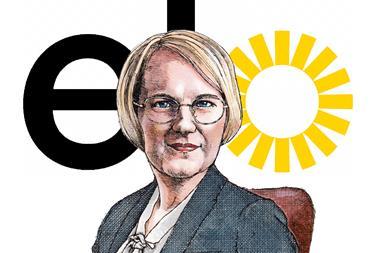Sweden’s second-largest pension investor, the national pension fund AP7, divested SEK1.2bn (€106m) of holdings a few days ago in seven companies it has now added to its blacklist.
All seven have been banned from the SEK1.1trn (€94bn) state-run pension fund for having large-scale oil extraction or coal production operations – without a climate change plan in place, according to an announcement from the fund.
Five of the seven newly-excluded companies are Chinese, with one being an Indian firm and the other Saudi Arabian.
AP7, which runs the default option in Sweden’s first-pillar defined-contribution premium pension system, said: “Phase-out of coal as an energy source is the single most important measure to curb climate change, and has therefore been in focus.”
The excluded companies include China Petroleum & Chemical Corporation, PetroChina Company, Shanxi Coal International Energy Group, Wintime Energy Group, Zhejiang Zheneng Electric Power – all from China.
Also excluded are Oil and Natural Gas Corporation of India, and the Saudi Arabian Oil Company (Saudi Aramco).
The number of Chinese companies on AP7’s blacklist is growing, with the pension fund having banished Shanghai Electric Power Co and Datang International Power Generation Co in the second half of last year because of their large coal operations.
Meanwhile, two stocks have been brought back into AP7’s investable universe. Brookfield Corporation and Rolls-Royce Holdings are no longer blacklisted, the pension fund said, because there was “no verified information about ongoing norm violations” by the companies.
Taking these decisions into account, the latest exclusions lengthen AP7’s substantial blacklist to 110 companies, from 106 at the previous six-monthly exclusion list update published by the pension fund in December.
AP7 said it expanded its Paris Agreement review back in 2020, and started blacklisting coal companies which had a big climate impact and expansion plans. Two years later, it said, the requirements were then made stricter, dictating that firms without transition plans with large-scale coal operations or oil sands extraction would be excluded.
“During 2024, AP7 has continued to evolve the criterion to include large oil companies without transition plans, which are thus deemed to act in violation of the Paris Agreement,” the Stockholm-based institution said in Tuesday’s statement.
Read the digital edition of IPE’s latest magazine























